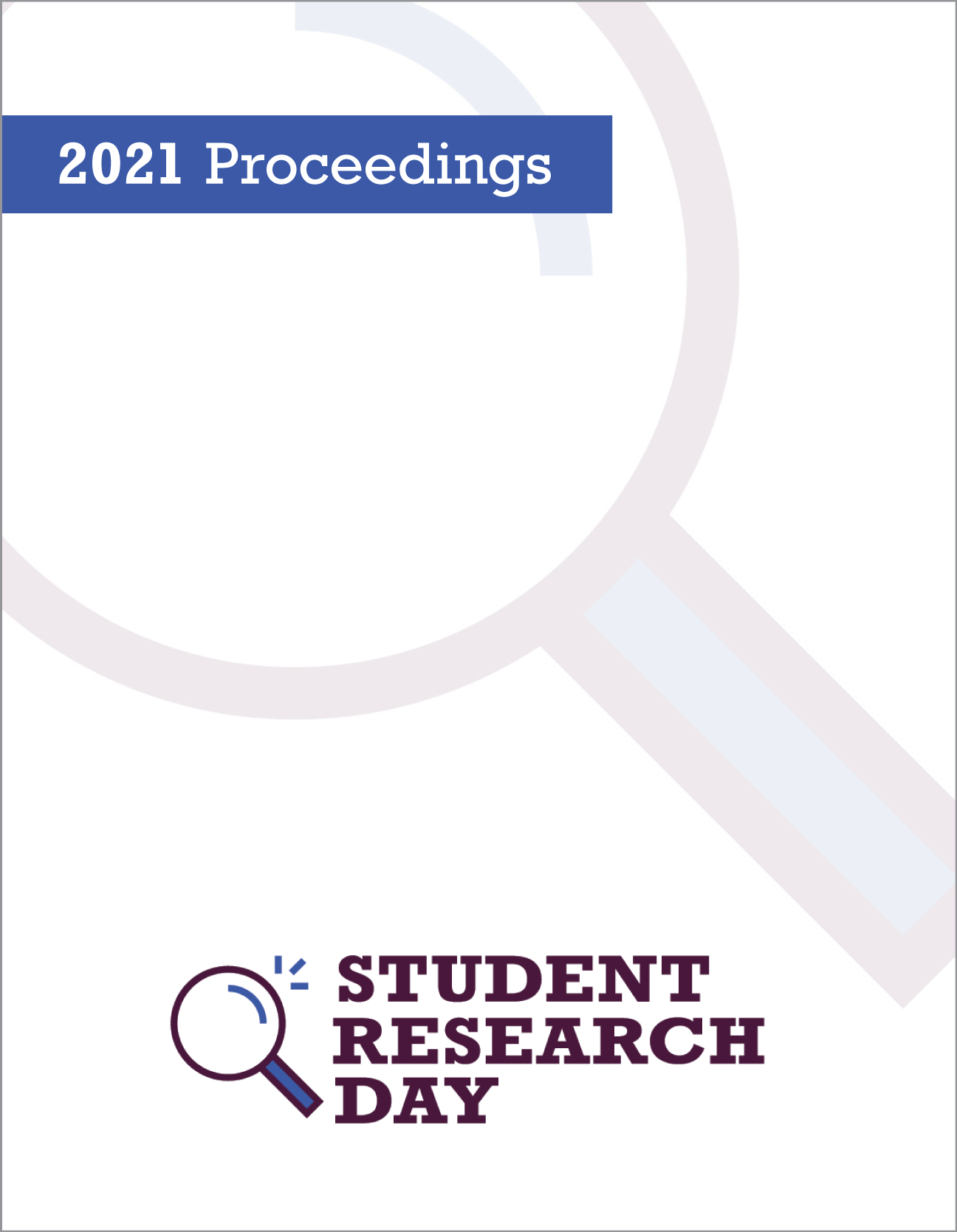How Increasing Task Pressure Impacts Narcissistic Admiration and Rivalry
Abstract
Being placed in a high pressure situation may impact people’s narcissistic tendencies. When in a situation that is threatening to one’s sense of self, people may self-promote and strive to attain social attention (i.e., report more narcissistic admiration) or may self-protect and behave defensively (i.e., report more narcissistic rivalry). This study explored how a stressful situation (i.e., a job interview) increases one’s desire for social admiration or antagonism. In order to induce pressure, we manipulated the amount of time participants took to complete a task and the amount of researcher pressure applied. In this study, participants (N = 300) imagined themselves in an interview context, where they listed as many answers to an interview question as they could before time expired. Participants completed the task in either 15s (high time pressure) or 60s (low time pressure). Before completing the task, participants received a statement designed to strongly encourage them to do well on the task (high researcher pressure) or received no such statement (low researcher pressure). We then measured participants' narcissistic admiration and rivalry, using the Narcissistic Admiration and Rivalry Questionnaire. Although researcher pressure had no impact on narcissism, we found that those in the low time pressure condition showed slightly higher scores on narcissistic rivalry compared to those in the high time pressure condition. Overall, it seems that pressure influences the extent to which individuals exhibit antagonistic narcissism, where more pressure results in decreased confidence and rivalry.
Department: Psychology
Faculty Mentor: Dr. Miranda Giacomin
References
Downloads
Published
Issue
Section
License
Authors retain any and all existing copyright to works contributed to these proceedings.



